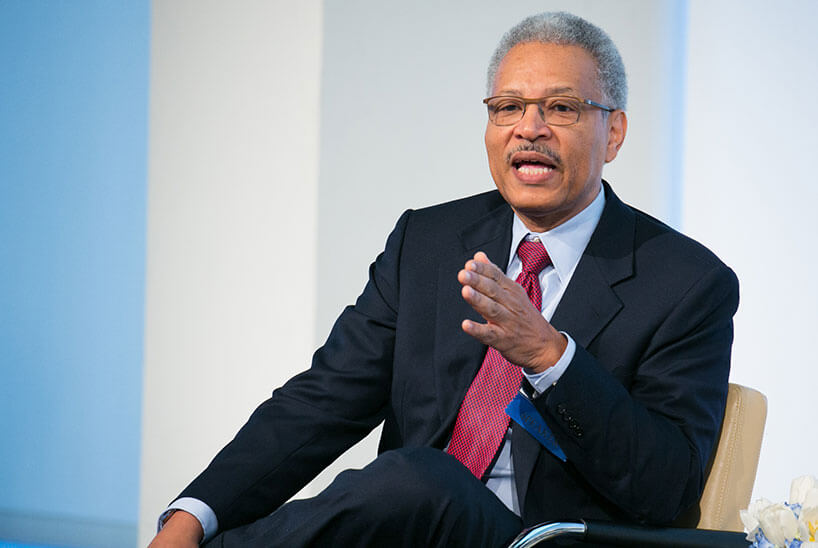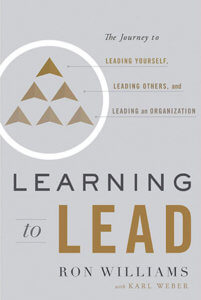
In his book, “Learning to Lead,” Ron Williams shares how to be more decisive so that you don’t succumb to what he calls “paralysis by analysis.” (Courtesy Ron Williams)
Decision-making looms large in the everyday work of event organizers. Whether those decisions involve logistics, choosing the perfect menu for the opening reception, or thorny ethical questions, author Ron Williams has you covered in Learning to Lead: The Journey to Leading Yourself, Leader Others, and Leading an Organization. In his new book, the chairman and CEO of leadership consulting firm RW2 Enterprises and former chairman and CEO of health insurance company Aetna, shares how to be more decisive so that you don’t succumb to what he calls “paralysis by analysis.”

“Learning to Lead: The Journey to Leading Yourself, Leader Others, and Leading an Organization”
As he defines it, “paralysis by analysis” occurs when you “delay crucial decisions in an interminable search for more information, as if hoping to eliminate all uncertainty,” he writes, “and therefore all risk.” Here’s a look at some of Williams’ principles to make what he calls “good-enough” decisions in real world circumstances.
- Listen to many voices. “Before pulling the trigger on a decision, always ask to hear competing arguments,” Williams writes. That means making sure you’ve made time to hear multiple points of view, in some instances from varied levels and organizational functions. Two heads are better than one, and in certain situations, the more viewpoints, the more informed the decision.
- Create a clear, simple decision framework. Williams encourages those in charge of making important decisions to define the key issues — the pros, the cons, and the implications of the decision. This framework is useful when trying to focus the above mentioned “many-voiced discussion that may be complicating the process,” Williams says.
- Gauge the importance of missing data. “As you analyze your options in light of the facts before you, compare what you know with what you might like to know,” Williams writes. Don’t be afraid to ask yourself or your team what information you’re lacking, how difficult it might be to obtain that data, and if the data would influence the final decision. Answers to questions like these, Williams says, help you decide if you’ve devoted enough time to fact finding.
- Protect your future flexibility. Before finalizing a decision, ask yourself if it will be difficult to modify or reverse the decision after it is made, and if details can be tweaked later. As Williams notes, “it’s one thing to pour three cubic feet of concrete that will harden in three hours; it’s another to launch the first tentative steps in a process that will allow learning, change, and adjustments over time.” Of course, the more permanent your choice is, the more information you need before moving forward. Whenever possible, Williams suggests protecting your ability to learn, process that information, and possibly change course in the future.
- Don’t dither needlessly. “Once you’ve gathered the necessary information and analyzed it to the point where a reasonable decision is possible,” Williams writes, “don’t temporize or delay unless you have a good reason to do so.” Williams says that avoiding the decision doesn’t mean it will have a better outcome, and that refusing to decide is, in fact, a decision in itself — and not usually a good one.
- Listen to your inner voice. You’ve received other peoples’ opinions, listed the pros and cons, considered the data — but if you haven’t considered the voice in your head “that tells you when you are comfortable with your choice course of action,” you’re not ready, Williams says. For example, sleeping on the problem overnight can provide some clarity to the situation. “You may find that your unconscious mind has come to grips with the problem while you slept,” Williams writes, “and that your inner voice is ready to speak with clarity.”
